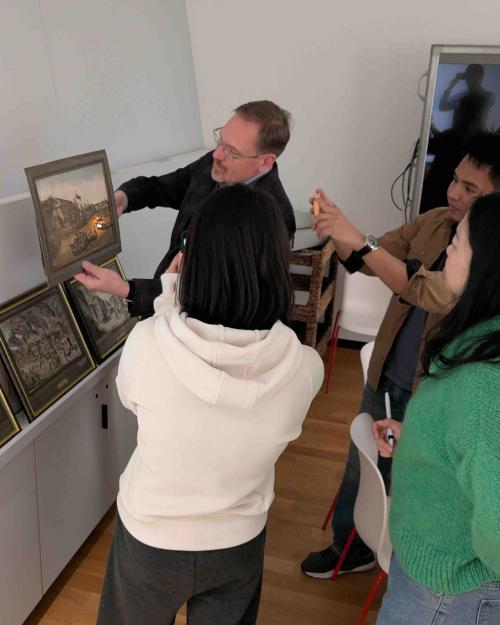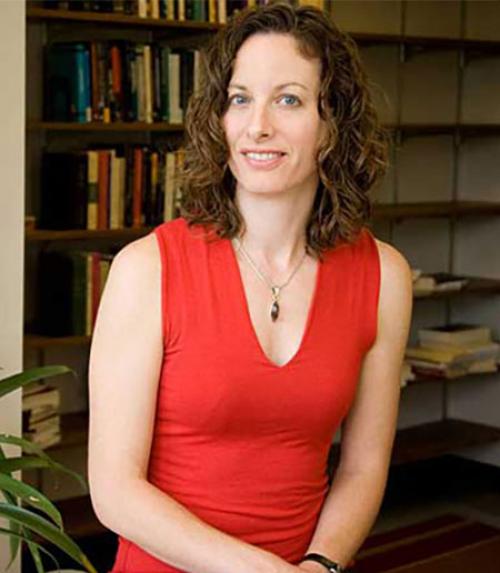Metaphysics includes big, abstract questions about the nature of reality that can’t be fully answered or investigated empirically: questions about whether or not we have free will and the nature of consciousness; about how objects or people persist through time. Are we the same people as we were as babies? Is a table the same if you inscribe your name into its surface? And what about causation, which is so central to our thinking, on what terms does one event cause another?
Abstract questions like these are what Karen Bennett, now a leading metaphysician chronicled in this Cornell Research story, fell in love with when she first encountered philosophy in college. “It was finally—someone was addressing these questions that would keep me up at night,” she says. “I just loved it.”
A theme that has emerged in Bennett’s research is trying to understand the relationship between different levels of reality—between part and whole, for instance, or how the features of parts account for the features of the whole.
To continue reading, visit the Cornell Research website.




